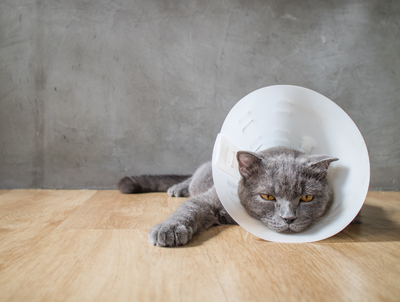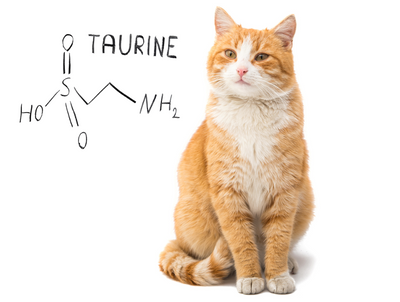- Chocolates
- Vomiting
- Diarrhea
- Agitation
- Increased urination
- Tremors
- Increased or abnormal heart rate
- Seizures
- Death (older dogs and dogs with heart conditions)
If you suspect that your dog has ingested chocolate, contact your veterinarian immediately.
- Grapes & Raisins
Although the exact cause of toxicity has not yet been identified, grapes & raisins are a huge no when it comes to feeding your dogs. They can lead to acute kidney failure in dogs which requires long term management to not let it progress.
However there are many other fruits that your dogs can enjoy at safe amounts such as watermelon, apple, banana, blueberry, cranberry, orange and mango to name a few. Be sure to feed them without the seeds and ensure you are not overfeeding them!
- Onions and garlic
Onions and garlic contain thiosulfate, which causes oxidative damage to red blood cells causing anemia. Symptoms of Garlic poisoning include:
- Diarrhea
- Vomitting
- Loss of appetite
- Stomach ache
- Lethargy
- Depression
- Dehydration
You might wonder, if Garlic is toxic, what about our Dorwest Garlic & Fenugreek Tablets? We highly recommend you to read their article here.
- Xylitol
Xylitol is extremely toxic to dogs. They are often found in baked goods, some peanut and nut butter, sugar-free desserts, ice cream, etc.
Unlike humans, Xylitol is absorbed into the bloodstream more rapidly which can result in the potent release of insulin from the pancreas. This rapid release will result in an extreme decrease in the level of blood sugar (hypoglycaemia). If left untreated, it can quickly be life-threatening.
- Nuts
Macadamia Nuts should not be fed to dogs. The exact cause is unknown, however, if your dog starts to display symptoms after eating such as vomiting, lack of appetite, stomach ache, or a decrease in activity level within three days of eating macadamia nuts, do contact your vet immediately.
Brazil Nuts have an extremely high-fat content and thus, should not be fed to dogs as well!
Other nuts such as almonds and hazelnuts although are not toxic, they are shaped in a way that makes them a choking hazard or can block your dog’s oesophagus, intestines, or windpipe. These can be fatal hence, it’s best to avoid nuts in all!
Peanut butter however is a much safer option as long as it is fed in moderation and does not contain xylitol.
- Milk and Dairy products
Milk-based products contain lactose which requires lactase for digestion. However, as puppies get older they produce less lactase in their system and become lactose intolerant. As a result symptoms such as diarrhea, vomiting, flatulence, stomach ache, etc, will arise when consumed.
As much as it is not toxic, it is best to avoid feeding your pet dairy products to avoid causing them stomach discomfort.






